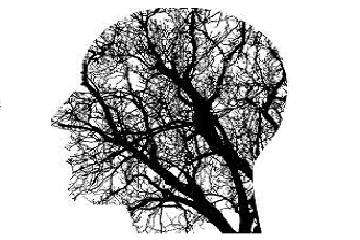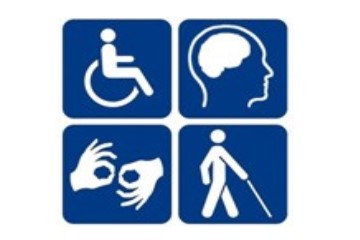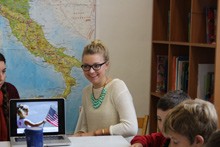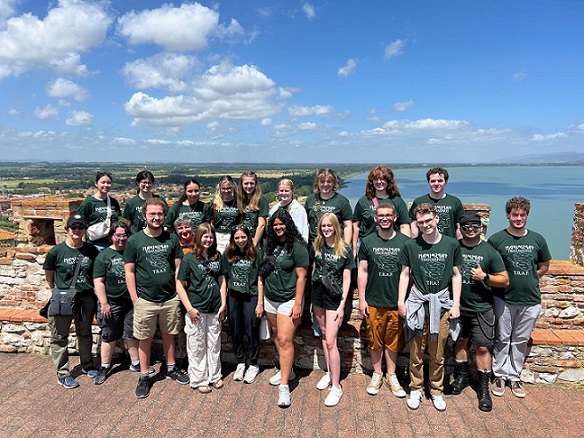Multi-Cultural Psychology

The Multicultural Psychology Program allows students to complete classes toward their degree, taught in English, as they study how culture influences our understanding of ourselves and others. In addition to their work in the classroom, students experience various experiential learning opportunities that offer insight into the role of cultural norms and values in shaping human behavior and interactions.
Why Study Psychology in Perugia?
This program is not limited to Psychology majors. Students of any major who study psychology at the Umbra Institute examine human development as influenced by similarities and differences between people and across cultures. Such a knowledge base is a useful tool when preparing for careers in counseling, education, research, social work, and many other professions. Through specific coursework, students can delve into organizational behavior and behavioral change, intercultural communication, critical disabilities, art therapy and numerous other topics, all from a multicultural perspective. In addition, by studying at the Umbra Institute, students have the opportunity to witness firsthand the interplay between different people and cultures as they explore Perugia, an international university city that offers a unique blend of cultural influences.
Not only do students study psychology, but they are also required to take an Italian language course (available from introductory to advanced levels). This language study provides further insight into the interplay between culture and identity, since even a basic understanding of Italian can help students begin to understand how linguistic expression influences how we think, behave, and interact with others.
Students may design their own semester and freely choosing courses from our offerings. Students interested in the MPP CERTIFICATE program must take core course PSYC 300 Experiencing Multicultural Psychology and at least three (3) additional courses in psychology or approved courses in related subjects.
Pyschology and Related Courses

PSYC 300: Experiencing Multicultural Psychology (MPP Core Course)
Read More
PSYC/SOC 249: Criminal Behavior
Read MoreART / PSYC 250: Art Therapy
Read More
COMM / PSYC 290: Intercultural Communication
Read More
ANTH /FSST / SOC 375: Anthropology of Food and Eating: Understanding Self and Others
Read More
EDUC/PSYC 325: Multicultural & Intercultural Education: The Psychology of Cross-Cultural Development
Read More
EDUC / PSYC / SOC 430: Human Development in Culture
Read More
EDUC/PSYC 355: Critical Disabilities Studies: Seminar and Practicum
Read More
ECUC/PSYC 353: Education in Italy: Seminar and Practicum
Read More
PSYC 315 – Pathways to Wellness: Exploring Mental Health, Diagnosis, and Clinical Interventions (Psychopathology)
Read More
PSYC/SOC 360: Social Psychology – Science, Humans, and Society
Read MorePSYC 450 – Positive Psychology: The Science of Behavioral Change
Read More
BUS / PSYC 460: Organizational Behavior: An Evidence-Based Approach
Read MoreWhat is Art Therapy?
Discover MoreResearch Opportunities

Independent Research Course (IR 297/397/497) is a student-centered learning experience in which students engage in advanced research on their selected topic with the support of a faculty mentor. It is ideal for students who have previously studied a particular topic and would like to continue exploring it in more depth through individual research. Independent Research courses may vary depending on student interests and needs. Independent Research Courses in psychology are assigned to the PYSC disciplinary code and are set at the appropriate academic level depending on the nature of the specific research project.
A minimum of one month prior to the beginning of the semester, students must submit a detailed research proposal to the Umbra Academic Director and the Coordinator of the MPP. Once approved, an appropriate faculty member will then be identified as the advisor. During the first two weeks of the semester, a more detailed proposal, bibliography, and project design will be submitted to the faculty advisor for approval, and a project timeline will be established. Throughout the semester, students work independently and meet weekly with their advisor to discuss their progress.
Approximately two weeks before the end of the semester, students give a short, oral presentation to their advisor and submit the first draft of their study. They then submit the final draft of the research project and participate in the Special Academic Events Week to present the final results to the Umbra community.
Co-Curricular Activities
COMM/PSYC 290: Intercultural Communications
Contemporary concepts, practices, and processes and
methods of analysis in the field.
PSYC 450: Positive Psychology
Qualitative Community Research Project
BUS/PSYC 460: Organizational Behavior
Service Learning Project with Local Company
Co-Curricular Activities
ART/PSYC 250: Art Therapy
Service Learning Project with Community Center
EDUC/PSYC 353: Education in Italy: Seminar and Practicum
Teaching practicums at local primary schools in Perugia
EDUC/PSYC 430: Human Development in Culture
Comparative Educational Systems Project: Italian,
Montessori, and American education systems.
Multicultural Psychology Program
- PSYC 300: Experiencing Multicultural Psychology (mandatory core course)
- Three (3) Courses in Psychology or Approved Related Subjects
- Italian Language Course (beginner to advanced available)
- Optional: An Elective from Umbra’s Course Offerings
The above curriculum allows students to complete 14 to 17 credits while abroad.
Each course includes various co-curricular activities that contribute to the student’s personal and academic growth, with some courses even offering limited field experience. These activities vary each semester but may include visiting the Museo della Mente (Museum of the Mind), working with local schools to experience various educational systems, and engaging in community-based projects to better understand organizational behavior and change.
Students in the certificate program participate in additional activities embedded in the PSYC 300 core class, throughout the semester to further augment their learning. These activities typically include a welcome meeting with the program coordinator so that students can discuss their previous experiences with the study of psychology, learn more about the semester’s activities and talk about their expectations for the semester; a series of interactive workshops dedicated to a specific topic in psychology; a capstone field trip; and an end-of-semester reflective workshop where students can assess their experiences and explore career possibilities in conversation with professionals in the field.


